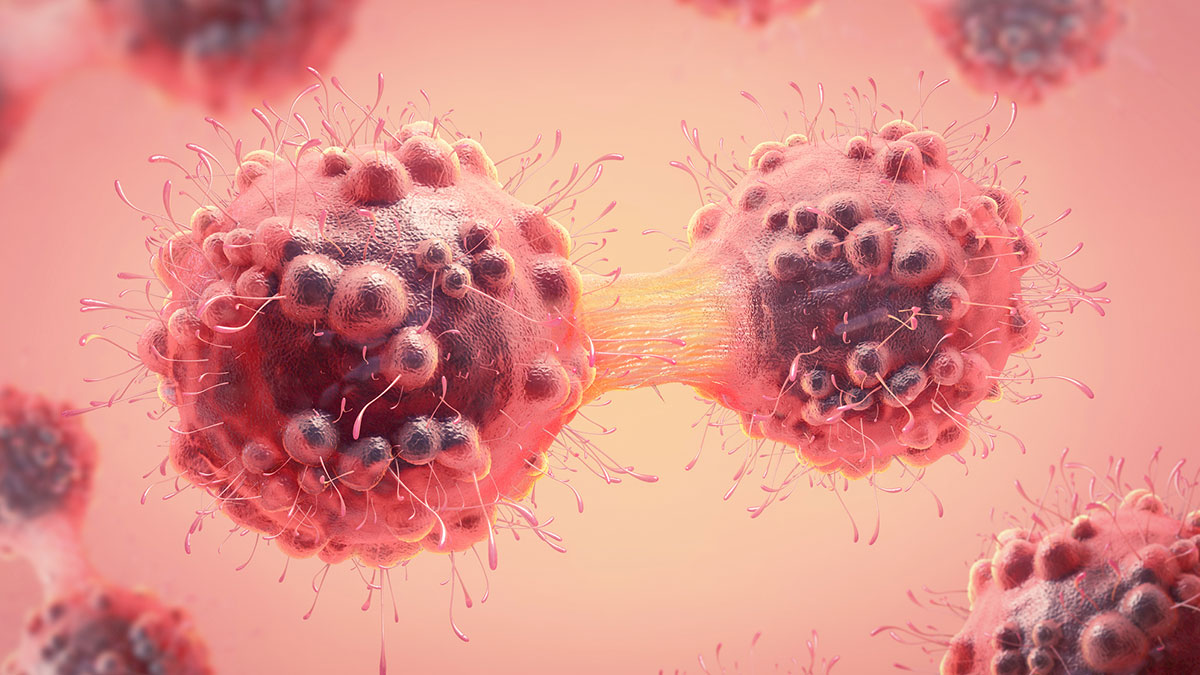UroGen’s urothelial cancer drug bags FDA approval

The FDA has approved UroGen’s Jelmyto (mitomycin gel) as the first therapy to treat low-grade upper tract urothelial cancer (UTUC).
Urothelial cancer is a cancer of the lining of the urinary system. While the majority of urothelial cancers occur in the bladder, UTUC is a subset that arise in the lining of the kidney or the ureter.
UTUCs can develop as low-grade or high-grade tumours. In general, low-grade tumours are not invasive and very rarely spread from the kidney or ureter. However, they often recur and management involves treating visible tumours and trying to preserve the urinary tract. Low-grade UTUC is rare, but affects 6,000-8,000 new patients in the United States every year.
Jelmyto is an alkylating drug, meaning it inhibits the transcription of DNA into RNA, stopping protein synthesis and taking away the cancer cell’s ability to multiply.
The drug received Priority Review, Breakthrough Therapy and Orphan Therapy designations from the FDA.
It has been developed by US biotech UroGen, which last year hired former Novartis oncology chief Liz Barrett as CEO.
“Although our nation’s emphasis is on the need to combat COVID-19, patients with cancer and their unique needs continue to be a top priority for the FDA,” said Richard Pazdur,, director of the FDA’s Oncology Center of Excellence and acting director of the Office of Oncologic Diseases in the FDA’s Center for Drug Evaluation and Research.
“We continue to expedite oncology product development in this critical time. Our staff is continuing to meet virtually with drug developers, academic investigators and patient advocates to push forward the coordinated review of drugs, biologics and devices for cancer.”
The FDA approved Jelmyto based on the results of a clinical trial involving 71 patients with low-grade UTUC. A complete response at three months was found in 41 of the patients (58%) following six treatments of Jelmyto administered weekly. Nineteen patients (46%) who achieved a complete response continued to have a complete response at the 12-month mark.
Common side effects for patients taking Jelmyto were ureteric obstruction, flank pain, urinary tract infection, hematuria, renal dysfunction, fatigue, nausea, abdominal pain, dysuria and vomiting.










